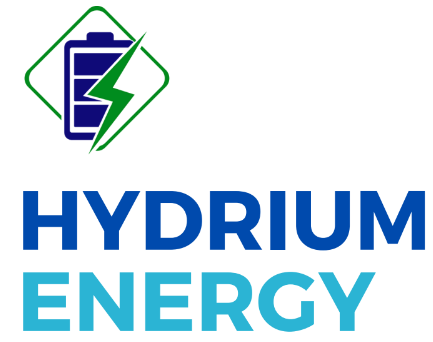
This post is a part of the Early Stage Climate Startup series from Climafix 2024
Highlights
- Developing zero-emission hydrogen fuel cells for electric vehicles (H2-FCEVs) and industrial equipment.
- Expanding hydrogen propulsion systems for niche mobility sectors like drones, eVTOLs, and air taxis.
1. Value Proposition
- Hydrium is developing hydrogen fuel cell electric vehicles (H2-FCEVs) specifically targeting heavy commercial vehicles (HCVs).
- Unlike BEVs (battery electric vehicles), which are more suited for intracity, low-mass operations, Hydrium’s technology is built to optimize mid- and first-mile logistics by green hydrogen.
2. Pain Points
- Limited Range for Heavy-Duty Applications: Battery electric vehicles have proven effective for smaller, intracity loads, but they struggle with long-haul, heavy-duty applications due to range limitations and volumetric load issues.
3. Climate Impact
- Replacing diesel-powered commercial vehicles in logistics, construction, mining, and material handling equipment with H2-FCEVs, Hydrium enables businesses to reduce their carbon footprint.
4. Current & Future Target Segments
- Current Target Segments: Industries requiring heavy-duty transportation and industrial operations such as logistics, mining, and construction.
- Future Target Segments: Hydrium plans to expand into emerging areas such as aerial mobility including drones, eVTOLs, and small passenger flights.
5. USPs
- Hydrium’s hydrogen fuel cell technology is specifically designed to handle heavy loads and long range, by integration of lithium-ion and hydrogen fuel technologies. Their R&D services provide tailored solutions for startups and OEMs.
6. Team Profiles
- Monish Ram (Co-founder & CEO): An experienced engineer and entrepreneur with a strong background in electric and hydrogen-powered vehicles. He is also the founder of a stealth startup in the UAE, focusing on innovative solutions in energy. His previous roles include principal engineer positions at Planet Electric, Inc. and Bugatti Rimac, and senior engineering roles at FEV Europe GmbH and the Automotive Research Association of India (ARAI).
- Saradhi Rengarajan (Co-founder & CTO): He is highly experienced in the fuel cell and clean energy sectors. Currently Engineering Director at Nikola Corporation, where he leads fuel cell systems engineering. Saradhi held leadership roles at Cummins Inc. for over a decade, where he led projects on next-generation powertrain systems.
7. Startup Headquarters
- India: Chennai
